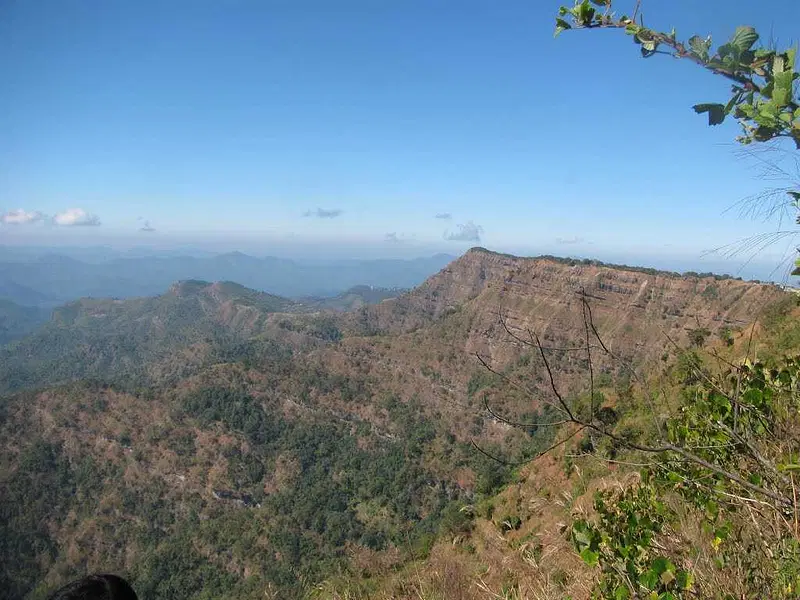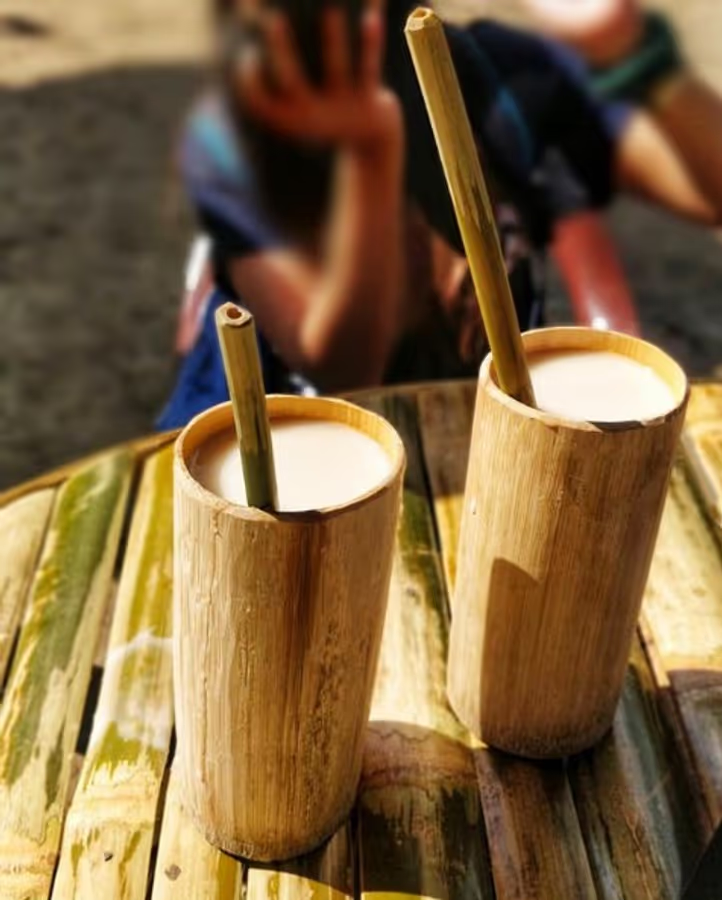Aizawl
A complete tourist and cultural guide

Aizawl, the picturesque capital of Mizoram, is a vibrant hill city known for its stunning landscapes, rich tribal culture, and warm hospitality. Perched at 1,132 meters, it offers breathtaking views of the Tlawng River valley and lush green hills. The city blends modernity with traditional Mizo heritage, seen in its lively markets, churches, and festivals like Chapchar Kut.
Wiki Link: Aizawl wiki page
Must-Visit Attractions in Aizawl

Durtlang Hills
Panoramic viewpoint offering sunrise/sunset vistas over the city.

Solomon’s Temple
Unique white marble church with intricate biblical carvings.

Mizoram State Museum
Showcases tribal artifacts, traditional costumes, and historical relics.

Bara Bazaar
Vibrant market selling local handicrafts, fresh produce, and Mizo textiles.
Major Attractions Nearby Aizawl

Reiek
Scenic village with trekking trails and traditional Mizo huts.

Tam Dil
Serene lake surrounded by forests, ideal for picnics and boating.

Vantawng Falls
Mizoram’s highest waterfall, nestled in lush greenery.

Lunglei
Hill town known for its dramatic cliffs and cultural festivals.
Things to do in Aizawl
Aizawl offers a captivating mix of cultural immersion and outdoor adventures in Mizoram’s hills. From bustling markets to serene trails, the city promises authentic Mizo experiences.

Explore Local Markets
Browse vibrant stalls for handwoven Puon shawls and bamboo handicrafts.

Trek to Hmuifang
Discover lush forests and traditional Mizo villages on scenic hikes.

Attend a Church Service
Experience powerful harmonies of Mizo gospel choir performances.

Taste Mizo Cuisine
Sample smoked pork, bamboo shoot dishes, and traditional rice beer.
The Performing Art of Aizawl
Immerse yourself in Aizawl’s captivating mix of natural beauty, rich traditions, and thrilling adventures. The city offers unforgettable experiences, from exploring bustling markets brimming with tribal handicrafts to trekking through misty hills dotted with traditional Mizo villages. Don’t miss the chance to savor unique flavors of Mizo cuisine, where smoked meats and bamboo shoots take center stage. Whether you’re seeking cultural encounters or outdoor excitement, Aizawl promises authentic Northeast Indian experiences.

Mizo Gospe

Cheraw Music

Hla Do
Aizawl’s musical soul comes alive through its world-famous gospel choirs and traditional folk melodies. The city resonates with harmonious hymns blending Western and Mizo influences, especially during church services and festivals. Street corners often echo with the strum of guitars accompanying local singers.

Cheraw

Khuallam

Chheih Lam
Traditional Mizo dances showcase the community’s vibrant spirit and storytelling traditions. The famous Cheraw (Bamboo Dance) features performers nimbly stepping between clapping bamboo poles. Other energetic forms like Khuallam and Chheih Lam bring people together during harvest festivals with rhythmic movements and colorful costumes.

The Hilltop Haven of Mizoram
Aizawl is celebrated for its misty hills, vibrant Christian culture, and lively festivals like Chapchar Kut. The city’s love for music, especially gospel choirs, and its unique bamboo dance (Cheraw) make it a cultural gem. Its blend of tribal traditions and modern urban life offers a one-of-a-kind Northeast experience.
Heritage of Aizawl
Aizawl’s heritage reflects its tribal roots and colonial past. Traditional Mizo villages (like Reiek), historic churches, and the Mizoram State Museum preserve its legacy. The city’s love for music and dance keeps ancient customs alive, while its bustling markets showcase enduring crafts like handloom weaving and bamboo work.

Cuisine of Aizawl
Aizawl’s culinary scene bursts with bold flavors, featuring organic ingredients and traditional cooking techniques. The cuisine highlights smoked meats, bamboo shoots, and fermented specialties unique to Mizo culture.

Bai
Nutritious stew simmered with pork, seasonal greens, and aromatic local herbs.

Smoked Pork with Mustard Leaves
Fiery smoked pork paired with pungent mustard greens.

Sawhchiar
Fragrant rice dish layered with meat or fish and mild spices.

Zu (Rice Beer)
Mildly alcoholic brew fermented in bamboo vessels for earthy notes.
Shopping in Aizawl
Aizawl is a treasure trove of authentic Mizo craftsmanship, where vibrant markets showcase exquisite handwoven textiles and eco-friendly bamboo creations. From tribal shawls to organic hill produce, every item reflects Mizoram’s rich cultural heritage.

Puon (Mizo Shawls)
Vibrant handwoven wraps featuring intricate tribal patterns and symbolic designs.

Bamboo Crafts
Sustainable baskets, home decor, and traditional musical instruments.

Necklaces & Beadwork
Colorful seed-and-bead jewelry representing Mizo tribal identity.

Local Tea & Honey
Pure, chemical-free hill station teas and floral honey harvests.
Tourist's Handbook
The ideal time to visit Aizawl is October to March, when temperatures range between 10°C to 25°C, offering cool, crisp air and clear skies perfect for sightseeing and trekking. This period includes vibrant festivals like Chapchar Kut (March) and Christmas celebrations (December). Avoid the monsoon (May–September) due to landslides and heavy rains, and summer (April–May), which can be humid.
Mountain Road Caution – Drive carefully on steep, winding roads; avoid night travel due to poor visibility and landslides.
Respect Local Customs – Dress modestly (avoid shorts/sleeveless in churches/villages) and ask permission before photographing people.
Beware of Scams – Use only government-approved taxis; avoid "tour guides" without ID near attractions.
Stay Hydrated Safely – Drink sealed bottled water; avoid tap water and street juices.
Emergency Prep – Carry a basic first-aid kit and local contacts (police: 100, ambulance: 102).
Navigating Aizawl’s hilly terrain involves a mix of walking, shared taxis (locally called "sumos"), and auto-rickshaws for short distances. For longer trips, private taxis or rented cars (with a driver recommended for steep roads) are ideal. The compact city center is best explored on foot, especially around Bara Bazaar and Zarkawt Market.
"Special Permit" Scams – Ignore touts claiming you need "paid permits" for local sightseeing; check official tourism rules.
Fake Handicraft Sales – Buy authentic Puon shawls/bamboo crafts only from government emporiums (like HMARC), not roadside stalls.
Overpriced Taxis – Pre-negotiate fares or use prepaid counters at the airport/bus stand.
Church Donation Pressure – Politely decline forced "offerings" at smaller churches; donations are voluntary.
Fake Homestays – Book through registered platforms or tourism-approved lodgings.
Aizawl Blogs
- Aizawl Cultural guide
- Places to visit in Aizawl
- Places to visit nearby Aizawl
- India’s most popular destination
- India’s archaeological marvels
Recommended articles
- Mizoram Cultural Guide
- Top Places to Visit in Aizawl
- Best Nearby Getaways from Aizawl
- Northeast India’s Hidden Gems

